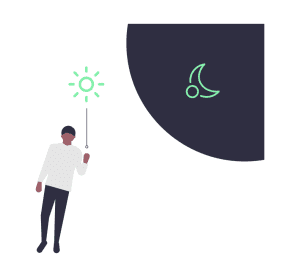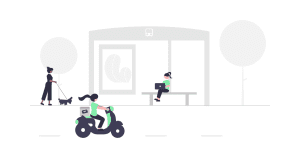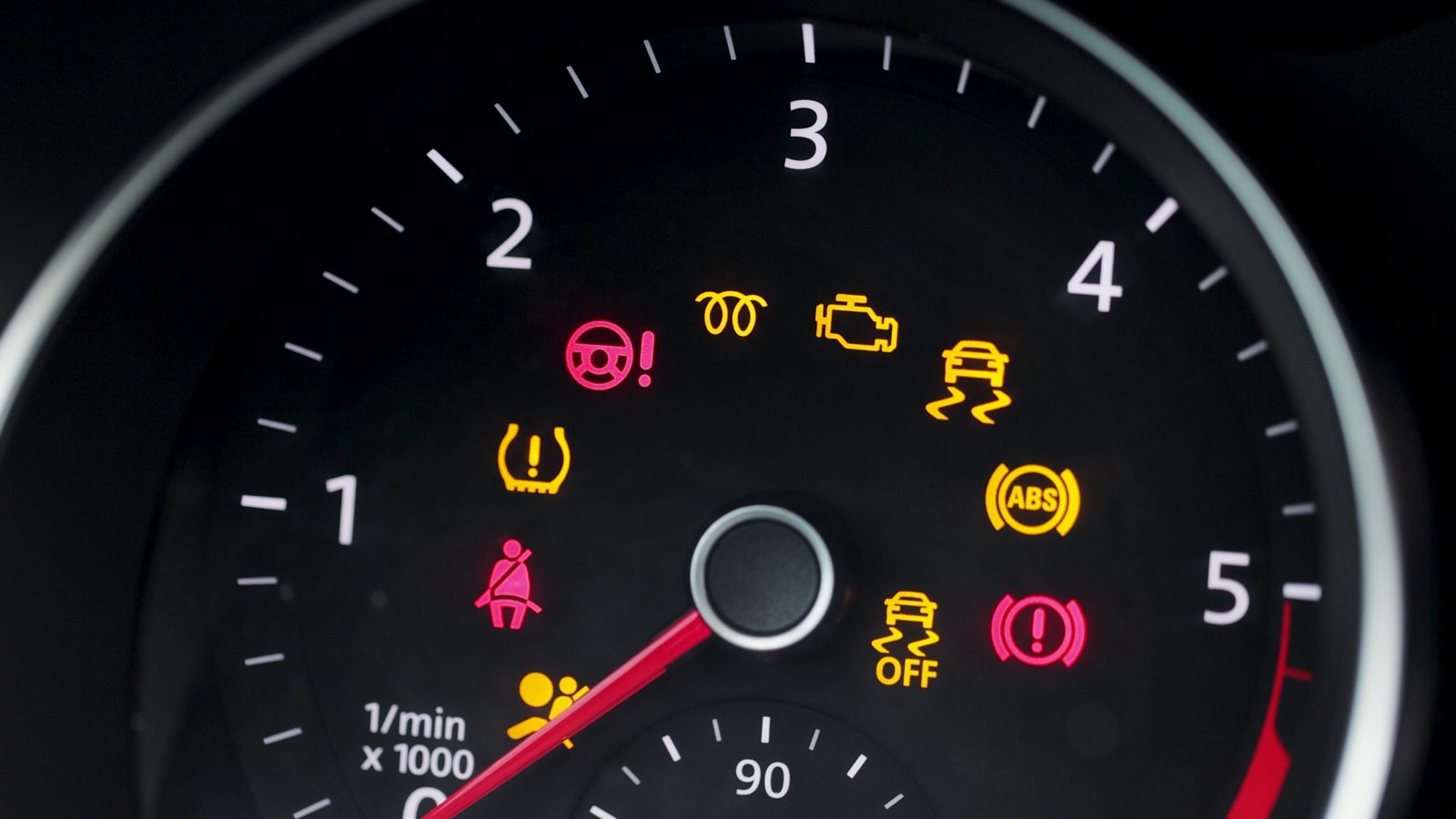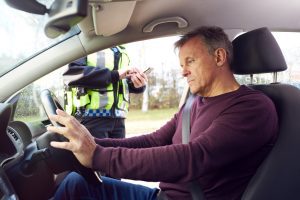Do you find it hard to drive in the dark? You’re not alone! When the dark evenings and mornings draw in, you may find it harder to get a clear view of the road. Driving late at night or early in the morning when it’s dark means reduced visibility, dark roads and you’re more likely yot be tired too! Stay safe this winter with our top tips for driving in the dark.
Tips for driving in the dark:
- Avoid driving when tired
- Check all your lights are working.
- Get an eye test.
- Don’t look directly at other cars.
- Clean your windscreen.
- Watch out for pedestrians.

Avoid driving when tired.
We’ve all seen the signs on the motorway which state ‘Tiredness can kill, take a break’ and this is advice which is especially to be followed when driving at night. Driving when tired is one of the worst driving habits you can have and you need t quit! When you’re tired you’re more likely to fall asleep at the wheel, get distracted and not pay full attention to the road ahead of you. Brake, the road safety charity has reported that 10-20% of road accidents are caused by driver fatigue. To reduce this statistic you should only ever drive after a full night’s sleep or take regular breaks during your journey.
Check all your lights are working.
It’s a legal requirement for all of your lights to be in the correct working order. You should regularly check that your headlights, fog lights, brake lights, side lights, indicators, and daytime running lights are all working. Not only is it illegal but lights which don’t work can increase the risk of a collision or an accident occurring. Packing a torch in your car’s emergency kit is also a great idea if you should get stranded. Find out how to change a headlight bulb.
Get an eye test.
Did you know opticians recommend getting an eye test every 2 years? Every driver must be able to read a number plate from 20 metres away and not have eyesight worse than 6/12 on the Snellen scale. Driving at night takes its toll on your eyes and makes it harder to see the road ahead of you. If you’re worried about your eyesight, you should book an eye test as soon as possible.
Related – Safety tips for driving in the rain.
Don’t look directly at other cars.
The glare from oncoming vehicles can affect your visibility and dazzle your eyes. If you panic and struggle to see, it can lead to road collisions and accidents. You can keep track of your position on the road by looking to the left-hand side and following the white line of the road. If there is nothing to follow, you should never accelerate or harshly brake. Instead, slow down smoothly if it is safe to do so and take your time until your vision has improved.
Clean your windscreen.
Using your windscreen wipers to clear your windscreen can help to improve your visibility when driving at night. If your wipers are smearing or streaking, it may be time to change your windscreen wipers. You should also make sure your windows are clear before you set off, this could include scraping off any ice/snow or using your heater to get rid of condensation. If your windows steam up during your journey, pull over to clear it before attempting to carry on driving.
Watch out for pedestrians.

It can be harder to spot hazards on the road when you drive at night. You may not be able to see pedestrians, cyclists, dog walkers or animals as easily so keep this in mind when driving through residential areas.
Can learner drivers drive at night?
As long as you are displaying ‘L’ plates, learner drivers in the UK can drive at any time. The time of day you drive does not matter as long as you have car insurance in place which covers you and an experienced, qualified driver over the age of 25 with you. If you have black box car insurance in place when you pass your driving test, there may be rules and regulations around driving at night and doing so may increase the cost of your premium. If you’re unsure, check your policy or consult your insurance provider.
Related – How to overcome driving anxiety.
How to drive at night with astigmatism?
Astigmatism is very common and causes irregular vision, especially at night. It happens when the crystalline lens or the cornea of the eye is not spherically shaped. People with astigmatism may have blurred vision at a distance and lights can be distorted which affects your vision. Driving at night with astigmatism can be dangerous so if you suspect you have astigmatism, you should visit your doctor or optician and they can recommend the best treatment. Astigmatism can be easily treated by wearing prescription glasses or contact lenses.
From the blog…

Common dashboard warning lights.
The warning lights on your dashboard are there to help prevent accidents and indicate an issue with the vehicle. Brush up on your knowledge now!

New UK driving laws this year.
In the UK, we usually see new driving laws being introduced each year to help keep drivers and road users safe and all drivers must keep up to date with the latest UK driving laws.

10 unbelievable facts about cars.
Cars are incredible transportation machines that came into global use during the 20th century. Have a read on some of these amazing facts about cars that you’d never have known.